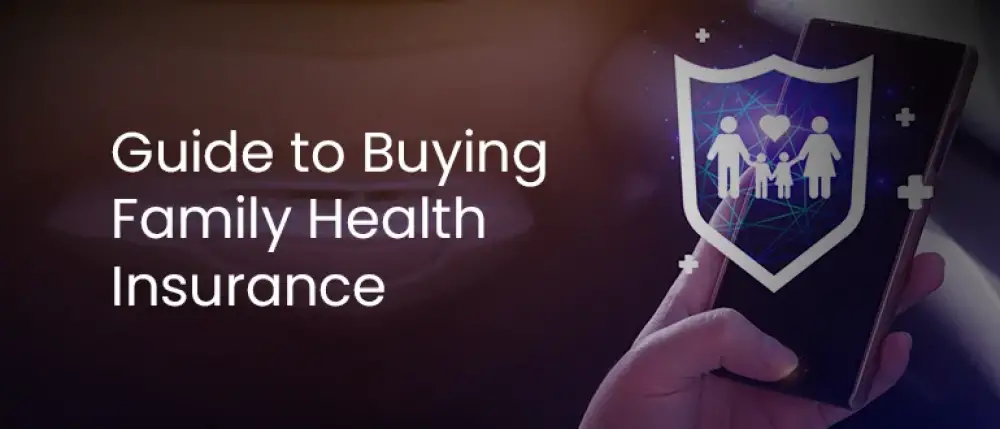Life can be unpredictable, and millennials are learning this lesson firsthand. From sudden job losses to unexpected health emergencies, financial shocks can strike at any time. While many in this generation focus on paying student loans, buying homes, or building careers, one area often overlooked is life insurance. Yet, in today’s uncertain world, life insurance for millennials has shifted from an optional safety net to a financial necessity.
Millennials, more than any other generation, balance competing financial priorities. They support aging parents, raise young children, or start businesses—all while managing their own financial growth. Without life insurance, a sudden tragedy can leave families exposed to crushing debt or disrupted futures. This article explores why life insurance matters now more than ever, using real case studies to show the financial consequences of being uninsured.
Why Millennials Avoid Life Insurance
Millennials often postpone life insurance because they feel young and healthy. Many believe they have plenty of time to consider it later. Others assume it’s too expensive or complicated. However, these assumptions can lead to dangerous gaps in financial protection.

Unlike previous generations, millennials face unique financial pressures. They carry more student debt, delay marriage, and wait longer to buy homes. This creates a false sense that life insurance is unnecessary until “later in life.” Unfortunately, life has shown that unexpected events don’t wait for the “right time.”
The Young Parent’s Dilemma
Take Sarah, a 32-year-old single mother with a toddler. She believed life insurance was something to think about after she turned 40. Tragically, Sarah passed away in a car accident. With no life insurance, her family struggled to cover childcare costs and daily expenses. Her parents, already nearing retirement, had to take on extra work and dip into their savings.
This case highlights a painful truth: the absence of life insurance doesn’t just affect the individual—it shifts the financial burden to loved ones. For millennials raising families, life insurance is not just about security; it’s about ensuring children have stable futures, no matter what happens.
The Financial Ripple Effect
When someone passes away unexpectedly without coverage, the financial consequences extend far beyond immediate funeral expenses. Families may face:
- Mortgage payments or rent that suddenly become unaffordable
- Student loans or co-signed debts left behind
- Education costs for children that remain unpaid
- Emergency medical bills from final hospital care
These ripple effects can drag families into long-term financial hardship. Life insurance acts as a buffer, covering these obligations and giving families breathing space to recover emotionally without being crushed by financial stress.
The Entrepreneur’s Setback
Consider James, a 28-year-old millennial who started a small tech business. His startup was growing, but he hadn’t yet considered life insurance. When James passed away from an unexpected illness, his business collapsed. Without insurance to pay off business loans or support his partners, his co-founders were forced to shut down the company.
This case illustrates that life insurance isn’t only for families. For millennials with entrepreneurial ambitions, insurance protects their business partners, employees, and investors. A well-structured policy ensures continuity instead of leaving unfinished ventures and unpaid debts.
Why Life Insurance is Cheaper When You’re Young
One major advantage millennials have is affordability. Life insurance premiums are much lower when purchased young and healthy. Locking in coverage in your 20s or early 30s can save thousands over the lifetime of the policy. Waiting until your 40s or 50s often means paying double or triple the premiums.
Moreover, millennials are at a stage where dependents—children, spouses, or even aging parents—often rely on their income. A policy secured early provides long-term protection at minimal cost, making it one of the smartest financial decisions of millennial adulthood.
Types of Life Insurance for Millennials
Millennials don’t need a one-size-fits-all plan. Different policies work for different goals:
- Term Life Insurance: Affordable and straightforward, offering coverage for 10–30 years. Ideal for parents and homeowners.
- Whole Life Insurance: Provides lifelong coverage and builds cash value over time. Useful for long-term wealth planning.
- Group Life Insurance: Often offered by employers, though usually limited. Supplemental policies may still be necessary.
- Business Life Insurance: Designed for entrepreneurs and small business owners to protect partners and investors.
The Dual-Income Household
Emily and Daniel, a married couple in their early 30s, both worked and contributed to household expenses. They assumed life insurance wasn’t urgent since they shared financial responsibilities. When Daniel suddenly died of a heart condition, Emily couldn’t afford their mortgage alone. With life insurance, she would have had the resources to keep her home. Without it, she had to sell and move in with family.
This example shows that even in dual-income households, life insurance is vital. It ensures surviving partners can maintain stability during a difficult transition.
The Emotional and Financial Security Factor
While financial stability is the core purpose, life insurance also provides peace of mind. Knowing that loved ones won’t face financial ruin after a tragedy eases daily stress. Millennials, who already face high economic pressures, benefit from this mental relief.
Peace of mind allows individuals to focus on career growth, family building, and personal goals. In this way, life insurance is not just a financial tool—it is also an emotional safety net.
The reality is clear: life insurance for millennials is no longer optional. Delaying coverage puts families, businesses, and futures at risk. Real-life case studies prove the financial and emotional devastation caused by being unprepared.
With affordable options available, the best time to act is now. Millennials who secure life insurance early protect not only their own legacies but also the people they care about most. In a world where uncertainty is the only certainty, life insurance is the foundation of smart financial planning.









